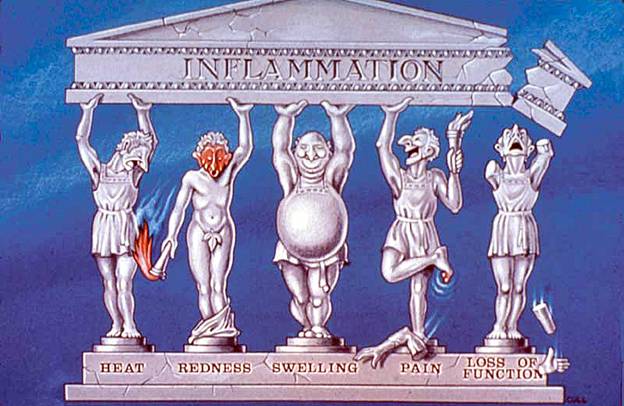Anyway, this week we studied death and grief, pain and sleep. My favorite one to study? Sleep! So that's what I'm going to write about for this week.
Every person has what's called the Circadian Rhythm which determine when they are awake and sleepy and the body functions associated with that. The Circadian Rhythm can be changed depending on light, noise, activities, and much more. That's why people can adjust to radically different time zones after only a few days. For instance, when I lived in the Philippines for five months, it took me about a week and a half for me to finally feel normal and adjusted. However, towards the end of my time in the Philippines, I worked such a hectic schedule and got an average of 2-4 hours of sleep per day (usually on the 2 hour side) that when I flew back to the States, I didn't experience any jet lag because my body was so thankful I was getting more than 2 hours of sleep at a time!
So I guess the key to avoiding jet lag is to not sleep for a month before flying to a new time zone. Your Circadian Rhythm will be so messed up it will just be happy you're asleep. :-D
Another weird fact is that experts still claim to not have found the purpose of sleep....Um....Hello?! I think the purpose of sleep is obvious - it refreshes and resets you! When someone sleeps, their body fixes any physical damage that's occurred during the day, the brain solidifies memories and different things that have been learned that day, and it also maintains your emotional health. Basically, it prepares you to continue living the next day. Sleep is IMPORTANT, people!!!!
There is two different types of sleep - REM and NREM. NREM sleep stands for Non-Rapid Eye Movement sleep. There are four stages to it and people stay in this type of sleep for most of the time they're asleep. The first two stages of NREM sleep are considered to be "light sleep." The person can be woken up easily and usually feels as if they've been daydreaming. Their body gradually begins to slow down and rest. Combined, the first two stages of NREM sleep last about 30-40 minutes. However, if someone is EXTREMELY tired (like me when I would get 2 hours of sleep a night in the Philippines), they progress through the first two stages of NREM sleep really fast and move to the third stage.
 |
| this is a picture I found on the internet of young twins who fell asleep eating spaghetti. lol. |
 |
| If I'm in deep sleep, this wouldn't work for me... |
During the night, the sleep cycle continues over and over again until someone wakes up. If someone is extremely tired, they quickly progress to the 4th stage of NREM sleep and stay there for a while. However, they then progress to REM and then NREM stage 1 until they eventually wake up.
Some sleep problems people might have are sleep apnea, insomnia, and narcolepsy. Sleep apnea is where someone's airway closes (usually from too much fat on their neck) and they get hypoxic (low on oxygen). Their body then fights to open the airway and wakes up slightly. This can happen hundreds of time a night and the person wakes up feeling worse than when they went to sleep because their body spent the whole night fighting to breathe. People can actually die from sleep apnea. Two of the major characteristics of sleep apnea are loud obnoxious snoring (which doesn't bother you - it only bothers your roommates) and feeling exhausted when awake as if one hasn't slept in days. One solution for sleep apnea is a CPAP machine which pushes air into the person's nose and/or mouth so their airway doesn't close.
Insomnia, another common sleep disorder, is when someone is unable to fall asleep. Some tips for insomnia is read for a few minutes before bed, avoid eating a big meal shortly before bed, and don't exercise before bedtime. Another tip is if someone's been in bed for a while and can't fall asleep, the person should get out of bed and do something else for 15-30 minutes, such as reading, crocheting, taking a shower, etc, and then try again. When someone stays in bed and realizes they're not falling asleep, they become anxious which only makes things worse. When they become anxious, they're unable to fall asleep. However, they're anxious because they're not falling asleep so they only get more and more anxious because they can't fall asleep but their anxiety is preventing them to fall asleep. It's a horrible cycle. One trick to combat it is to get out of bed and do something else for 15-30 minutes (just as recommended earlier).
Our instructors also showed us this hilarious video of a dog with narcolepsy:
Next week we have one more subject to learn about - spirituality and how it effects health and actions - and then I'll be done with the semester! I'll probably have a brief post next week and either discuss spirituality or just do a brief overview of the semester.
...Until Next Week! :-D














































